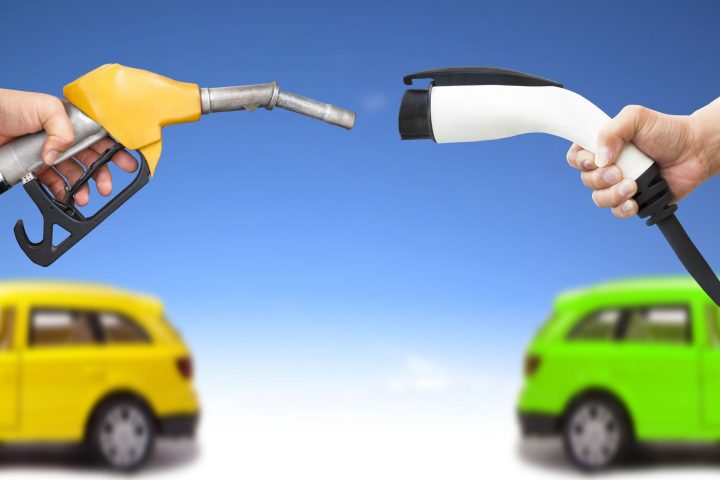The automotive industry is calling for the Chancellor to use this week’s Budget to put the UK’s shift to electric vehicles back in the fast lane.
Research commissioned by the Society of Motor Manufacturers and Traders from Savanta has revealed that rising numbers of would-be EV drivers are now likely to delay their switch to a battery electric car – but a three-point plan of tax reform would recharge the market and accelerate the UK’s progress towards net zero.
The survey found that last September’s decision to delay the UK’s end of sale of new petrol and diesel cars and vans, from 2030 to 2035, has led to almost one in four drivers (24%) delaying their plans, while one in seven (14%) say they now won’t ever make the switch.
While the UK remains Europe’s second largest new electric car market by volume with the actual number of EVs on UK roads rising, the rate of growth has slowed and EV market share has stabilised. Growth in the market is being sustained by fleets and businesses, which benefit from compelling tax incentives. Private retail uptake, however, has been in decline since 2022 – with these buyers now accounting for fewer than one in four new EV registrations, compared with one in three previously.
This change in sentiment puts delivery of the UK’s net zero goals in jeopardy. When the same survey was conducted in early September 2023 – just before the government announced a delay to the end of sale of petrol and diesel cars and vans – only around one in 10 (11%) survey respondents interested in driving electric said they would wait until after 2030.
That has now risen to almost half (46%). Responding to the latest survey, almost three quarters (73%) of consumers named vehicle affordability, chargepoint availability, or chargepoint costs as being their biggest barrier to going electric.
The upcoming Budget is an opportunity to put Britain’s electric switch back on track, supporting drivers to go green by halving VAT on new EVs, changing upcoming Vehicle Excise Duty rates so EVs are treated as essentials, not luxuries, and giving drivers more affordable public charging.
SMMT’s research shows that a VAT cut on EVs is the single most effective measure that would encourage drivers to go electric sooner. Almost four in 10 drivers (37%) interested in going electric said a VAT cut would accelerate their plans – and even a quarter of drivers (26%) who weren’t interested in switching named it as the option most likely to change their mind.
Buyers of other CO2-saving technologies such as heat pumps and solar panels benefit from VAT incentives, but motorists pay the full 20% regardless of whether they buy a zero emission or fossil-fuel powered car. With EVs having typically higher purchase costs, this discrepancy has seen Treasury reap a VAT windfall of around £1.7 billion over the past half-decade, as EV uptake has risen almost 20-fold.
Halving VAT on new EV purchases would save the average buyer around £4,000 off the upfront purchase price – yet cost the Treasury less than the scrapped Plug-in Car Grant. Such a step would deliver an additional 270,000 EVs – instead of petrol or diesel – to the road over the next three years, bolstering supply to the in-demand used EV market, where uptake rose 90.9% in 2023.
Vehicle Excise Duty also needs to ensure fairness. Forthcoming changes to VED due in 2025 – announced before the pandemic, economic downturn and weakening of EV demand – will result in around seven in 10 currently sold EVs being subject to an ‘expensive car’ VED supplement from next year. This would mean EV purchasers would effectively be penalised a total of £1,950 for choosing to buy an electric car – a choice which new mandated EV sales targets are intended to encourage.
Industry also wants to see an end to the unfairness of taxation on public charging, with VAT reduced from 20% to 5%, in line with home charging. Britain’s net zero goals are dependent on everyone going electric but the current system actively discourages drivers without access to a home charger – such as those in housing with no off-street parking – from moving to an EV, by charging them four times more tax than homeowners with driveways.


